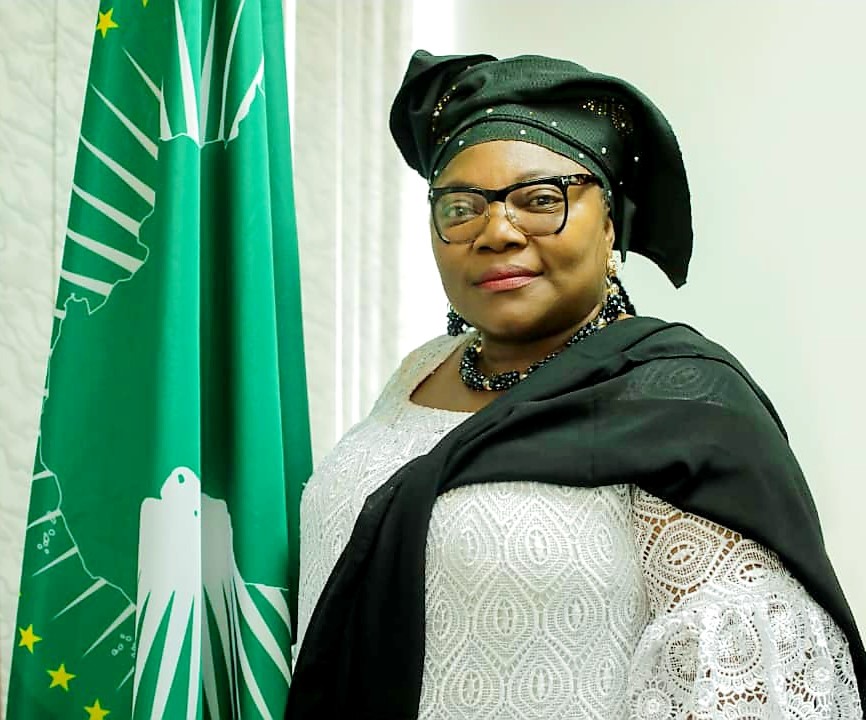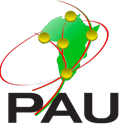COMMISSIONER FOR HUMAN RESOURCES, SCIENCE AND TECHNOLOGY AFRICAN UNION COMMISSION (HRST- AUC)

H.E. Professor Sarah Anyang Agbor, was elected in 2017 as the new Commissioner for Human Resources, Science and Technology of the African Union Commission (HRST-AUC). H.E. Professor Anyang Agbor has over Twenty (20) years’ experience in the field of Academia. She is a Professor of African and Commonwealth Literature. She was Fulbright Scholar –in- Residence (SIR) to the University of Scranton, Pennsylvania, USA in 2004-2005. She was Inspector of Academic Affairs No. 1 at the Ministry of Higher Education, Cameroon. Previously, she was the Deputy Vice Chancellor in Charge of Research, Cooperation and Relations with the Business World (DVC-RCB) in the University of Bamenda, North West Region, Cameroon. She has written a number of academic Books and Publications to contribute to scholarship.
Presently, Commissioner heads three divisions namely; Human Resource and Youth Development; Education; and Science and Technology and several bodies. She provides guidance and vision to the HRST Mandate on Education, Science and Technology, Youth and Human Resources. Significantly, she ensures the coordination of AU policies and programmes on Education. Human Resource Development matters, Science and Technology. In addition, she encourage and provide technical support to Member States and RECs in the implementation of continental strategies such as continental Education Strategy for Africa (CESA 16-24), Science, Technology Innovation Strategy for Africa (STISA 2024) and the Continental Technical and Vocational, Education Training (TVET) strategy.
Furthermore, she plays key roles in promoting research and development and inter-African cooperation on education and training; encouraging youth empowerment and participation in the integration of the continent. She has participated in many Forums and Conferences as Keynote Speaker representing the African Union Commission. She heads several Technical bodies Scientific, Technical and Research Commission (STRC) based in Nigeria; African Observatory of Science, Technology and Innovation (AOSTI) based in Equatorial Guinea, Pan African University (PAU) with Rectorate in Yaoundé with five institutes based in Kenya (Pan African University Institute for Basic Sciences, Technology and Innovation (PAUSTI); Nigeria (The Pan African University Institute for Life and Earth Sciences (including Health and Agriculture) (PAULESI)); Algeria (Pan African University Institute for Water and Energy Sciences (including Climate Change (PAUWES); and Cameroon (PAU Institute for Governance, Humanities and Social Sciences, PAUGHSS, and South Africa to host the Pan African University Institute for Space Sciences. Also, The Pan African Virtual and E University, (PAVEU) Yaoundé. International Centre for Girls’ and Women’s Education in Africa (CIEFFA) based in Ouagadougou, Burkina Faso. The Pan African Institute for Education for Development (IPED)/African Observatory for Education.


